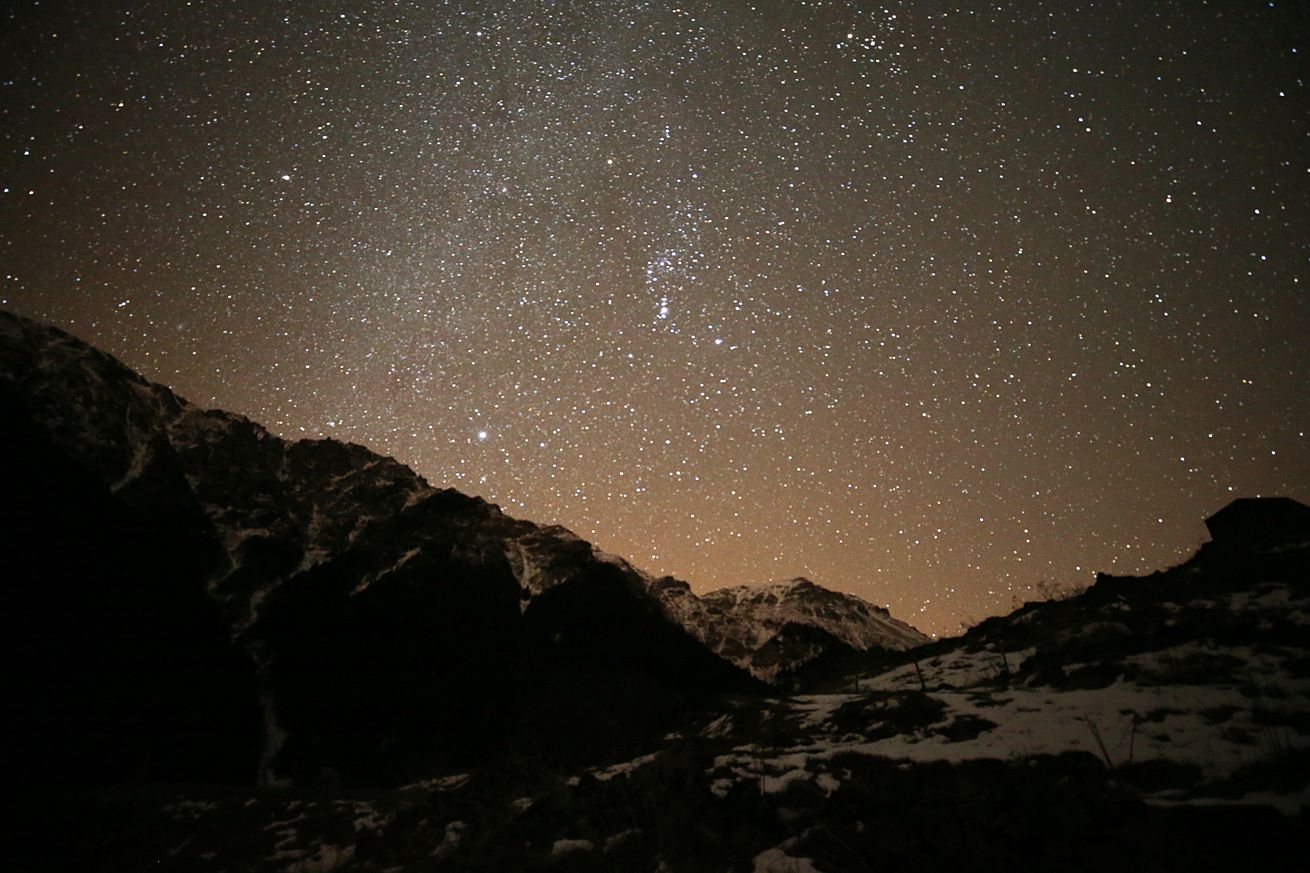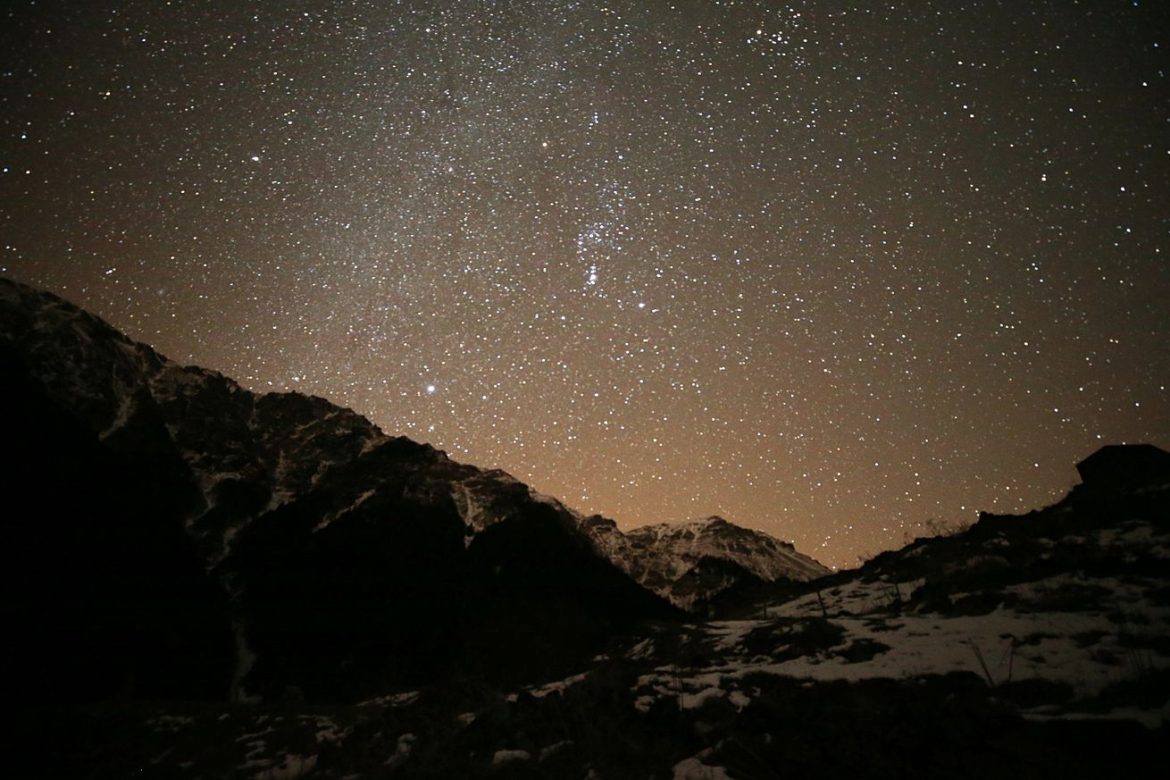
The brightness of the night sky has risen by an average of 10 percent each year, according to new research. That’s a significantly higher number than estimates made using satellite data — which put that figure at closer to a 2 percent increase annually.
In other words, light pollution — which makes sleep and many everyday tasks harder for people and other living things — has worsened at a much faster pace than expected. And just as LED lighting has become popular around the world, the satellites typically used to measure light pollution have been unable to fully track it.
At the rate we now know light pollution has grown — a result of human light pollution — the brightness of the night sky doubles about every eight years. A child born…
